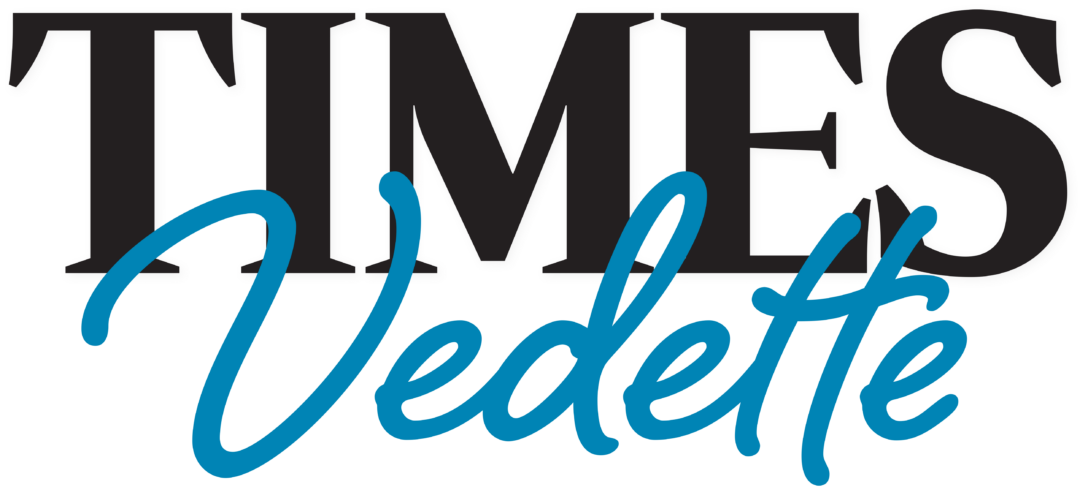Our readership keeps growing

It wasn’t easy, but we did it! The total subscriber count for this Times Vedette digital edition surpassed 1,200 and is now at 1,238. That number is less than the distribution of our monthly print publications (Panora Times at 2,354; Guthrie Center Times at 2,277; and Lake Panorama Times at 1,766), but it far exceeds the subscription count the Times Vedette had when it was a paid subscription weekly newspaper. In fact, the 1,238 subscribers to this digital edition exceed the count for any paid subscription newspaper in the county, and our number will continue to grow.
Our texting option is moving along, too, albeit at a snail’s pace. So far, we have 10 subscribers to this option (and one of those includes me.) We simply send a text message each Tuesday and Friday to your cell phone with a link to the edition. If you want to subscribe this way, or share this option with someone you think would enjoy it, sign up for free at https://formstax.co/222552eb. And, of course, you can unsubscribe easily at any time.
Our digital editions are certainly catching on. In addition to the aforementioned numbers, 630 of you have signed up to receive the Lake Panorama Times digital edition, 482 for the Guthrie Center Times digital edition, and 470 for the Panora Times digital edition. If you have not subscribed to any of these and want to, you can do so for free at https://gctimesnews.com/join-our-email-list. And, once again, if you change your mind, you can unsubscribe at any time.
Those of you who prefer a printed copy in your hands should not fret. We have not given up on print, and we won’t. Our print editions continue to reach more people than any other medium in Guthrie County, providing effective advertising options that drive results for our local businesses, which, in turn, helps the communities we serve. I encourage you to buy the products and services from local businesses and tell the owners and operators who advertise with us that you saw their ads in our publications.
Thank you for subscribing to this newsletter and supporting all our efforts — in print and digital formats — to bring even more news and information about the people, places and events of Guthrie County to each of you.
Thanks for reading.
Shane Goodman
Editor and Publisher
Times Vedette digital editions
shane@dmcityview.com
641-755-2115
